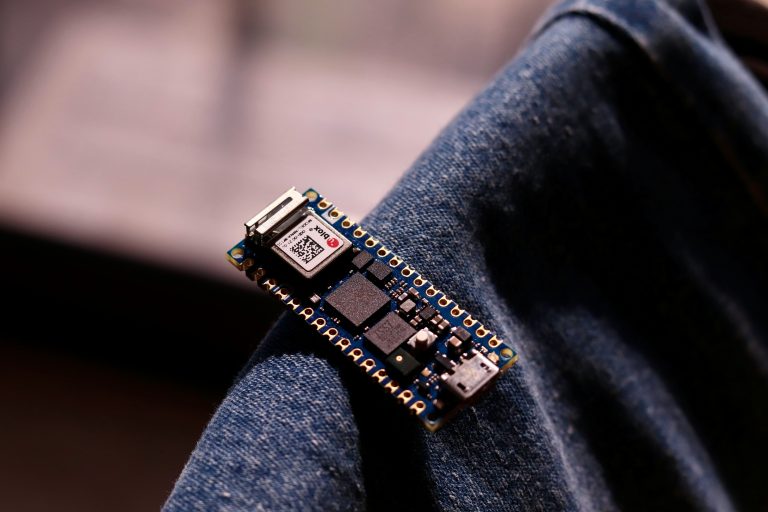AI Agents in Daily Life: How Autonomous Systems Are Reshaping Workflows
AI agents are increasingly becoming an integral part of how we live and work. Here’s an overview or potential outline for a discussion or article titled “AI Agents in Daily Life: How Autonomous Systems Are Reshaping Workflows”:
2 Introduction
Autonomous AI agents, powered by advancements in machine learning and natural language processing, are no longer confined to science fiction. From personal assistants to enterprise automation, these systems are reshaping the way humans interact with technology and complete everyday tasks.
3 What Are AI Agents?
1 Definition: Software entities that perform tasks autonomously or semi-autonomously.
2 Types: Reactive agents, proactive agents, conversational agents, multi-agent systems.
Examples: Siri, Google Assistant, ChatGPT, Tesla Autopilot, warehouse robots.

4 Integration in Daily Life
Personal Productivity
1 Smart assistants handling reminders, scheduling, and email responses.
2 AI tools managing finances, fitness goals, or home automation (e.g., Alexa routines).
Home Automation
3 Smart thermostats (Nest), lighting (Philips Hue), and security (Ring).
4 Voice-command interfaces streamlining daily routines.
5 Revolutionizing Workflows in Business
Customer Service
1 AI chatbots providing 24/7 support and handling thousands of inquiries simultaneously.
Content Generation & Creative Work
2 Tools like Chat GPT, DALL·E, and Jasper AI assisting with writing, design, and ideation.
Data Analysis and Decision Support
3 AI systems parsing large data sets and generating actionable insights.
Supply Chain & Logistics
4 Autonomous drones, robots, and predictive algorithms optimizing inventory and delivery.
6 Autonomous Agents in Specialized Fields
Healthcare
1 AI-driven diagnostic tools, robotic surgeries, and administrative task automation.
Finance
2 AI advisors for investments, fraud detection systems, and algorithmic trading bots.
Education
3 Personalized learning agents, automatic grading, and intelligent tutoring systems.

7 Benefits and Challenges
Benefits
1 Increased efficiency, cost reduction, 24/7 availability, error minimization.
Challenges
2 Job displacement, privacy concerns, ethical dilemmas, and system bias.
8 Future Outlook
1 Greater autonomy through multi-agent collaboration.
2 Seamless human-AI co-working environments.
3 Regulatory and ethical frameworks catching up with technological growth.
Conclusion
AI agents are becoming collaborators rather than just tools. As they grow in capability and integration, the way individuals and organizations operate will continue to evolve more efficiently, intelligently, and interactively.






